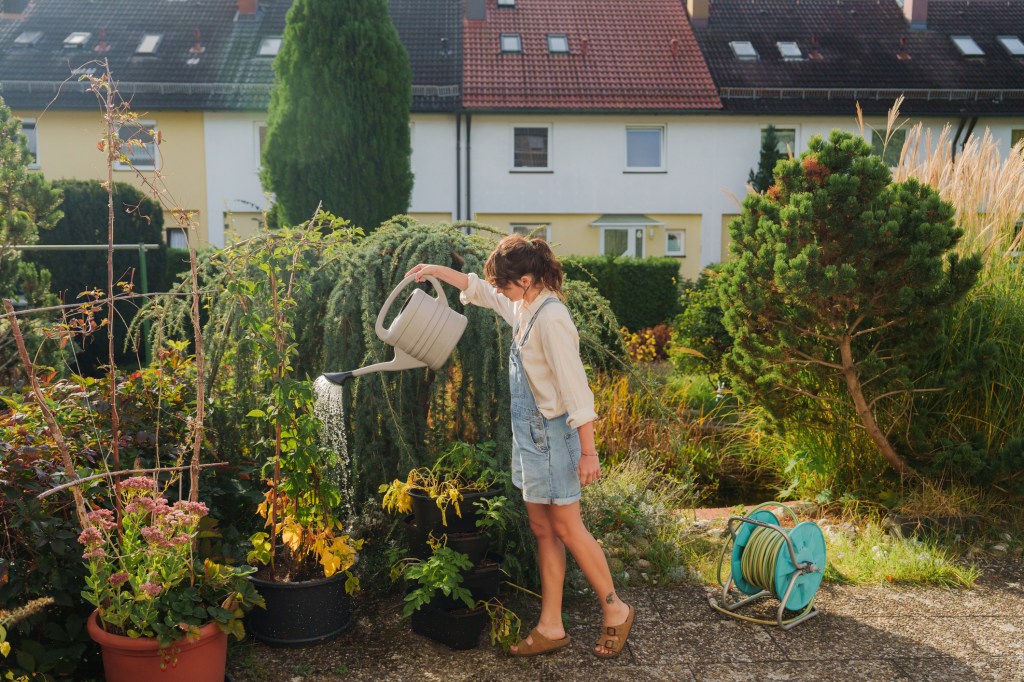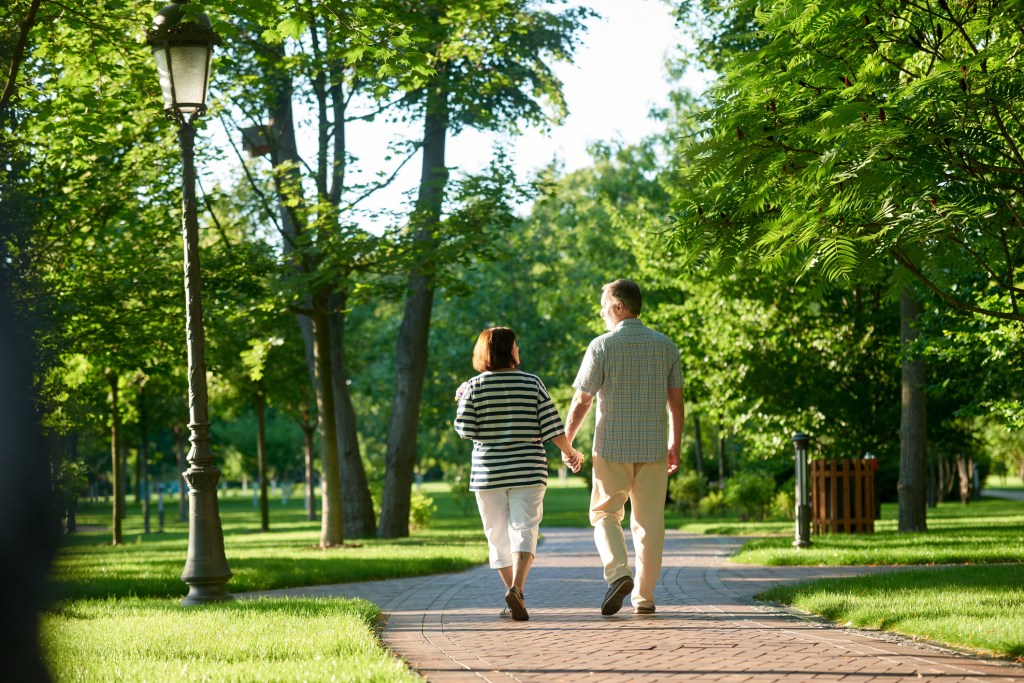Trying to kick a drinking or smoking habit? Living in an area with ample green spaces may be the answer. A new study out of the University of Exeter found that people with more nature in their neighborhoods had a lower likelihood of smoking and consuming alcohol daily.
After evaluating residents in 18 countries and regions, researchers discovered that those in the greenest areas were 13% less likely to smoke and 26% less likely to drink every day compared to those in the least green neighborhoods. What’s more, subjects living in the latter were the most likely to drink alcohol every day.

“We don’t think it’s simply a coincidence [that] those who are exposed to nature smoke and drink less,” co-author Mat White said in a news release. “A growing number of studies are showing that when people are exposed to nature, they have fewer cravings for substances like alcohol and nicotine. In part we think this is because they tend to be calmer and don’t need that ‘hit,’ which helps them give up smoking, for instance.”
To come to this conclusion, the researchers analyzed the relationship between the two health risk behaviors and nature contact, which they divided into categories: incidental contact and intentional contact. They defined the former as contact with residential green spaces, or “the proportion of land comprised of vegetation and natural elements within an individual’s immediate residential location, including private gardens.” Intentional contact, or “nature visits,” referred to actively seeking out nature during leisure time.
The team pulled data from the BlueHealth International Survey, which involved 18,838 adults. In addition to their findings on the connection between incidental nature contact and the lower likelihood of the two health risk behaviors, they learned that those who intentionally visited nature weekly were less likely to smoke, although these visits didn’t impact the prevalence of daily drinking. “For those people who don’t live in areas with high green space, we’ve found those intentional visits to nature also have huge benefits,” lead author Leanne Martin said in the release.
The researchers also determined that these benefits were consistent across varying education and household income levels and throughout different countries and regions. “Our finding that nature seems to be beneficial to all in society is hugely important because it goes some way to leveling the playing field in terms of reducing health inequalities,” Martin noted.
Looking to the future, the study authors believe their findings could help create public health tools for reducing these health risk behaviors. They note that if further research confirms the links are causal, then providing folks with more well-maintained green spaces may be an effective way to curb smoking and daily alcohol consumption. “Targeted nature-based interventions,” like those currently used to help people improve their physical and mental health, could also be deployed for folks trying to quit smoking.

The researchers wrote: “With competing demands for land use and widespread budgetary constraints, local authorities might consider the prioritization of residential green space within communities with a higher prevalence of health risk behavior, as part of the wider plan to reduce local health inequalities.”












